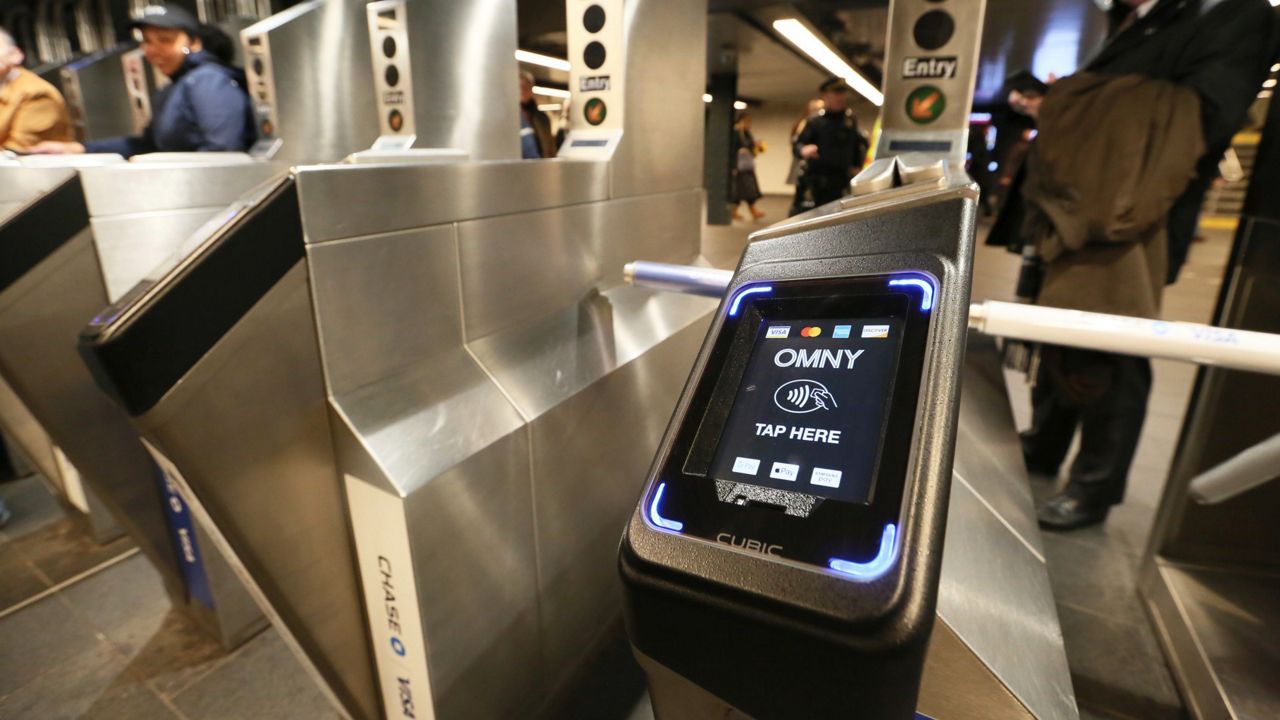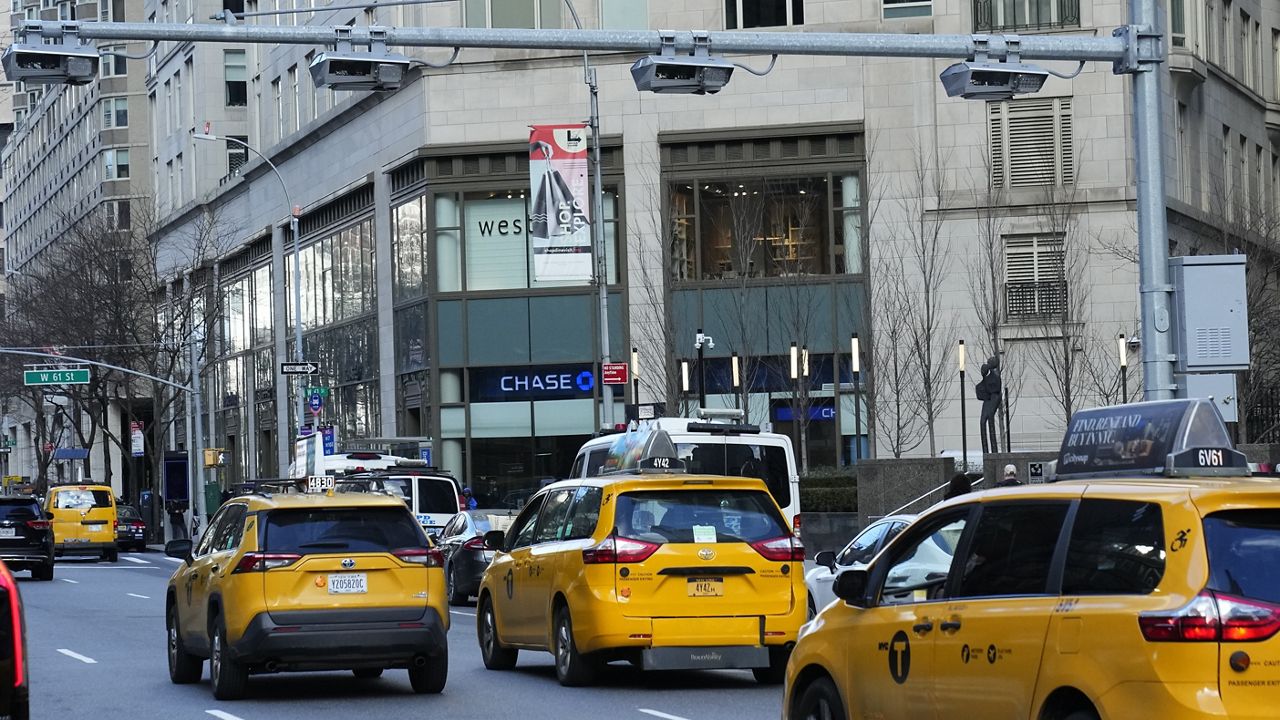Less than a week after Gov. Kathy Hochul paused congestion pricing, MTA Chair Janno Lieber on Monday laid out a path forward for the agency.
At a news conference Monday afternoon, Lieber said the MTA’s next steps will aim to make sure that riders “don’t suffer impacts from disinvestment in public transit.”
What You Need To Know
- Less than a week after Gov. Kathy Hochul paused congestion pricing, MTA Chair Janno Lieber on Monday laid out a path forward for the agency
- Lieber said the focus will be on “three key areas”: how it affects the capital program, how it impacts operations and how to manage the agency’s obligations under a 2019 state law that created the program
- He said that the MTA is going to “fight like hell” to try not to reduce service
“For New Yorkers, mass transit is like air and water. We need it to survive,” he continued.
Lieber said the focus will be on “three key areas”: how it affects the capital program, how it impacts operations and how to manage the agency’s obligations under a 2019 state law that created the program.
On capital funding, Lieber said the agency will do an “intensive review” on how to reprioritize and shrink the current 2020 to 2024 MTA capital funding program.
“This is not something we do lightly. But we simply cannot award contracts without dedicated funding in place,” he said.
Deputy Chief Development Officer Tim Mulligan will lead the effort to reprioritize and resize the program, according to Lieber.
Lieber said the agency must prioritize the "State of Good Repair" work that assures the basic safety of the transit system.
The agency will also look into its federal funding situation and how to preserve grants that have already been awarded, including for the Second Avenue subway project, according to Lieber.
“We’re going to do our best to prevent it from being put at risk, though that is a challenge,” he said.
According to Lieber, Special Advisor for Federal Policy Naomi Renek will focus on how to preserve federal grants.
Lieber said has spoken to some elected officials, including Sen. Majority Leader Chuck Schumer, and Reps. Jerrold Nadler, Dan Goldman and Ritchie Torres, who are committed to minimizing the impact on the federal funding for the MTA.
“We don’t want to lose that funding, although there are some real complexities right now,” he said.
Chief Accessibility Officer Quemuel Arroyo is tasked to work with the ADA disability community to make sure they “squeeze out” as much station accessibility work as possible “notwithstanding the shrinkage of our existing program,” he said.
MTA Deputy CFO Jaibala Patel will oversee the operating budget to identify how the loss of congestion pricing revenue will impact the capital program, according to Lieber.
Lieber said there are “a lot” of MTA employees who are paid “in large part or in part” out of the capital budget.
“We have to figure out how the operating budget will be impacted as we adjust the capital program,” Lieber said.
Lieber added that the MTA is going to “fight like hell” to try not to reduce service.
“That has been an area of incredible progress in the last couple of years,” he said. “We have actually grown service on subway lines, on bus lines, especially on commuter rail, and we don’t want to lose that.”
Albany lawmakers on Thursday rejected Hochul’s last-minute proposal to replace congestion pricing with a tax on New York City businesses that she argued would raise the $1 billion needed for long-planned transit system upgrades. Hochul’s proposal would have increased what’s known as the “payroll mobility tax” on city businesses.
During a press conference late last week, Hochul said she spoke with numerous officials about the decision. However, Lieber said he was informed about the decision “the night before.”
Lieber said the MTA cannot start the congesting program without a New York State Department of Transportation signoff.
He said the agency will keep moving forward with the details of the congestion pricing program to make sure they’re ready “if and when we get the green light.” He added that the agency will continue to defend the lawsuits against the plan.







_PKG_DOT_BQE_Improvements_CG_131225588_368)
